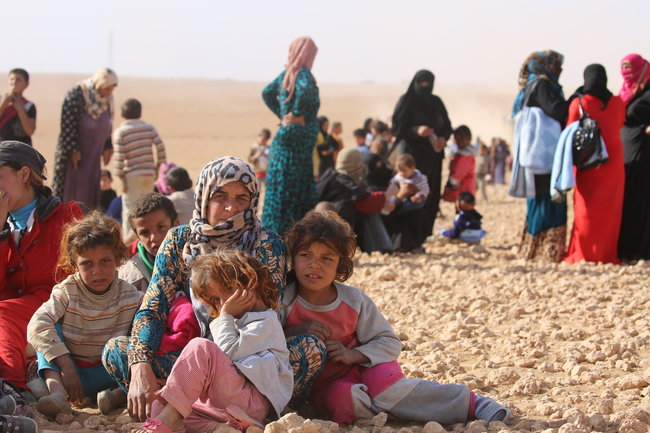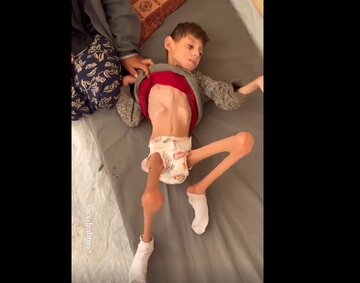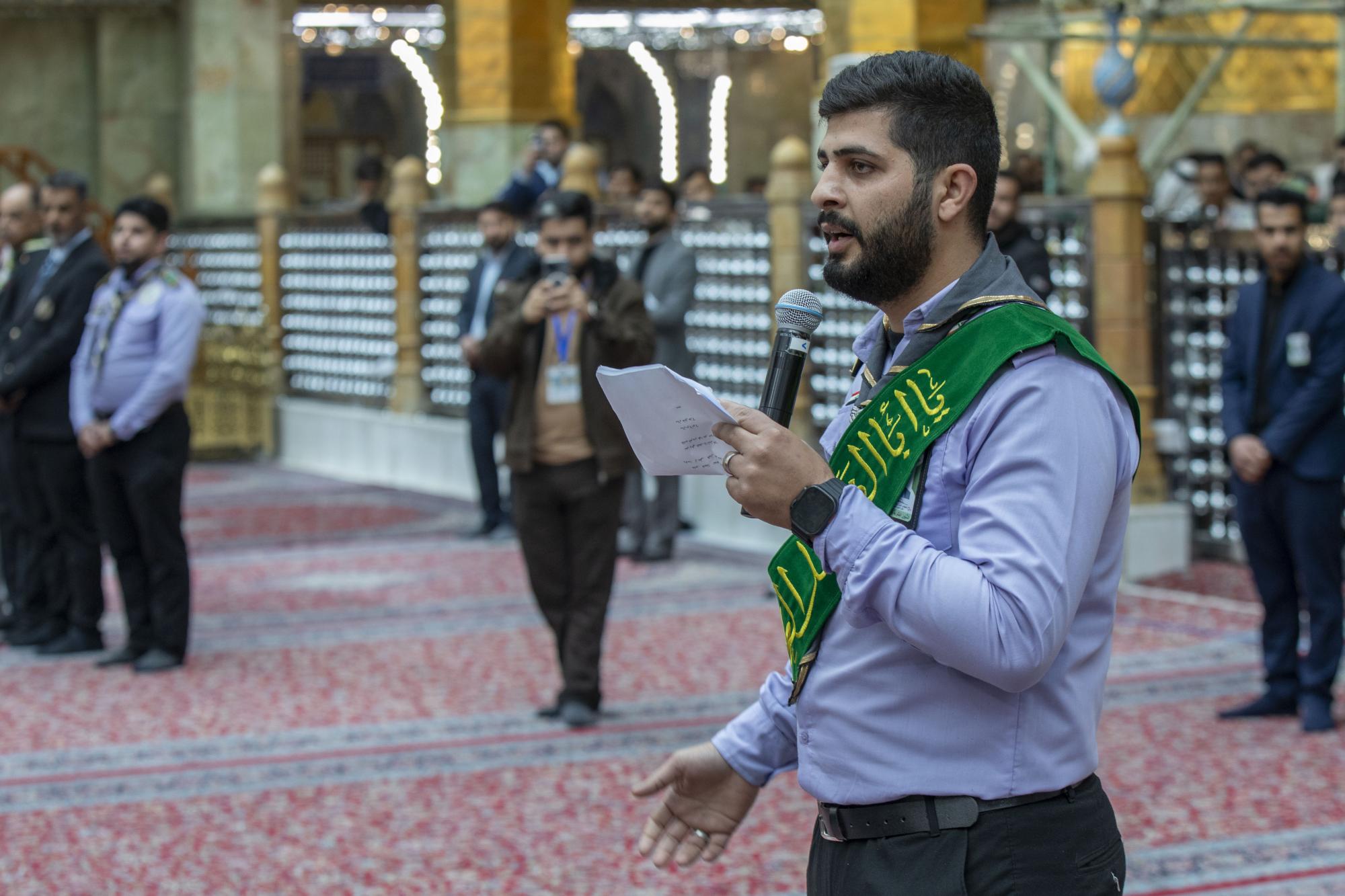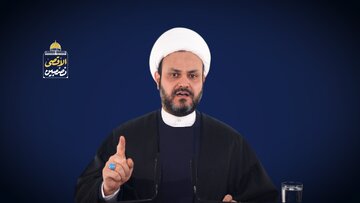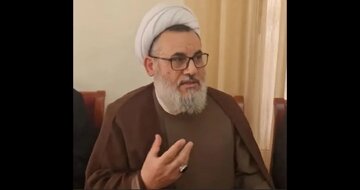“Conflict and violations of international humanitarian law continue to be the principal drivers of humanitarian need, with civilians in many parts of the country enduring massive suffering,” UN Under-Secretary-General for Coordination of Humanitarian Affairs Mark Lowcock told the Security Council on Monday.
He pointed to the displacement of 436,000 people in Raqqah province and 350,000 others in Dayr al-Zawr as well as the alarming number of child malnutrition in Eastern Ghouta region and noted, “One conclusion is obvious: the impact of the Syria crisis continues to be profound.”
Airstrikes on the city of Al Mayadin in Dayr al-Zawr in mid-October left hospitals “inoperable,” depriving about 15,000 people of health care, he said.
The attacks on the city also destroyed a cold room where at least 140,000 doses of UN provided measles and polio vaccines were being kept.
“This is a particular setback for efforts to check one of the world’s largest polio outbreaks in recent memory, an outbreak which continues to plague Dayr al-Zawr in particular, with new cases continuing to be reported,” Lowcock said.
The UN relief chief warned that nearly 3 million people continue to live in besieged and hard-to-reach areas where the UN faces “considerable challenges” in providing humanitarian assistance.
Humanitarian issues also top the agenda of the seventh round of the intra-Syrian talks, mediated by Iran, Russia and Turkey, in the Kazakh capital, Astana.
The discussions have brought representatives from Syria’s warring sides to the negotiating table in a bid to end the foreign-backed militancy in the country, which broke out in March 2011.
/257
(AhlulBayt News Agency) - The top UN relief official has warned that over 13 million people in Syria need humanitarian assistance, with 6.3 million in “acute need” of aid due to the incessant violence in the country.
31 October 2017 - 15:56
News ID: 863743
